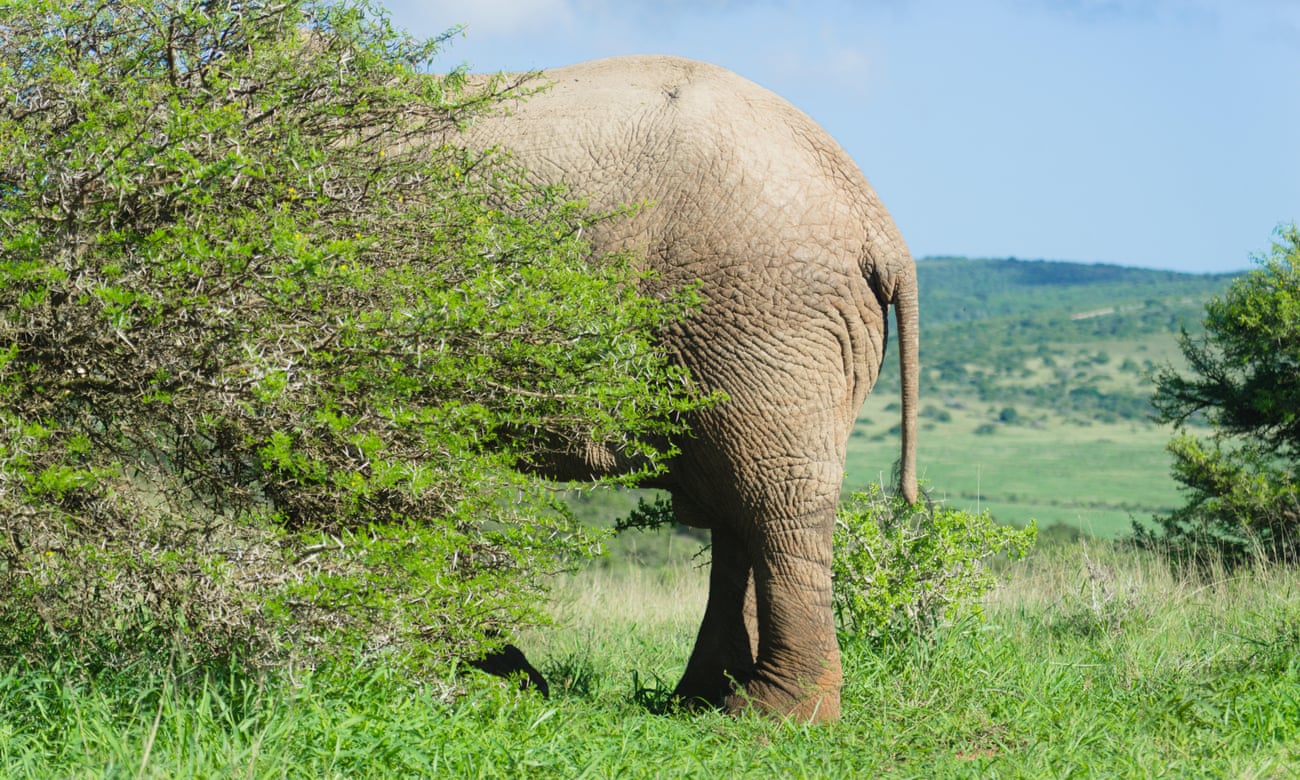Philosophy seems to be on a hiding to nothing. It has a 2,500-year history in the West and an extensive back-catalogue – of problems. There are questions about what exists, and what we know about it, such as: Do we have free will? Is there an external world? Does God exist? and so on. There are also questions of analysis and definition such as: What makes a sentence true? What makes an act just? What is causation? What is a person? This is a tiny sample. For almost any abstract notion, some philosopher has wondered what it really is.
Yet, despite this wealth of questions and the centuries spent tackling them, philosophers haven’t successfully provided any answers. They’ve tried long and hard but nothing they’ve said towards answering those questions has quite made the grade. Other philosophers haven’t been slow to pick holes in their attempted answers and expose flaws or dubious assumptions in them. The punctures in the attempted answers then get patched up and put up for discussion again. But what happens is that new punctures appear, or the patches fail and the old punctures are revealed again. Philosophy emerges as a series of arguments without end, and its questions settle into seemingly intractable problems.
Read the rest of this article at: aeon
One day in late September 2020, the Kludsky family – Yvonne, a slim, blond woman in her 60s, her husband, George, who is over 80 but still fit and strong, and their son Martyn – led their elephant up a ramp into the 10-metre trailer that constituted her second home. Dumba went willingly, as always; it was her owners who dragged their feet. The family had spent much of their lives on the road, but this time they did not know how long they would be gone, or if they would ever return.
The Kludskys’ home is on the outskirts of Caldes de Montbui, a spa town north of Barcelona. Set amid farmland and hills, the property forms part of a secluded residential development. Until recently, they had spent at least half of the year, travelling across Europe with Dumba, performing in circuses and zoos or hiring her out for media work – including a TV ad in which she lumbered gracefully across a mattress to demonstrate the product’s durability (“A Pikolin can take anything”). Yvonne, whose professional name is Yvonne Kruse, is a fourth-generation circus performer, while George is sixth-generation circus, and they have worked with Dumba for 41 years, since she was brought to Europe from Asia at the age of two. “She is our daughter and we are her herd,” Kruse likes to say.
When the family was at home, their “daughter” lived in an outdoor pen of about 500 sq metres – the size of two tennis courts – surrounded by an electric fence. To give Dumba exercise they would lead her into an adjacent patch of oak forest where she could forage and wander. Visiting the Kludskys in June 2018, the journalist Albert San Andrés found that the neighbours were delighted to have an elephant next door – their local “diva”, as one put it – and children would come out from the nearby town to see her. But the Kludskys told Andrés that animal rights activists were making the family’s life hell.
In the early 2010s, a Spanish animal rights organisation, Faada, had begun petitioning the Spanish authorities to take Dumba away from the Kludskys, on the basis that it was cruel to keep her in such a small enclosure with no other elephants for company. In 2014, the authorities duly inspected the property and recommended some improvements. The Kludskys, they said, should provide Dumba with shelter and a pond to bathe in, as well as more “environmental enrichment” – or psychological stimulation. Faada staff and volunteers continued to photograph and film Dumba from the Kludskys’ perimeter fence. There were further inspections culminating in a visit in July 2018, again commissioned by the authorities, of a team of experts in elephant welfare. They reported that, although Dumba now had a tent, her outdoor enclosure was too small, her shade was inadequate and she still had no bathing pool.
Read the rest of this article at: The Guardian






